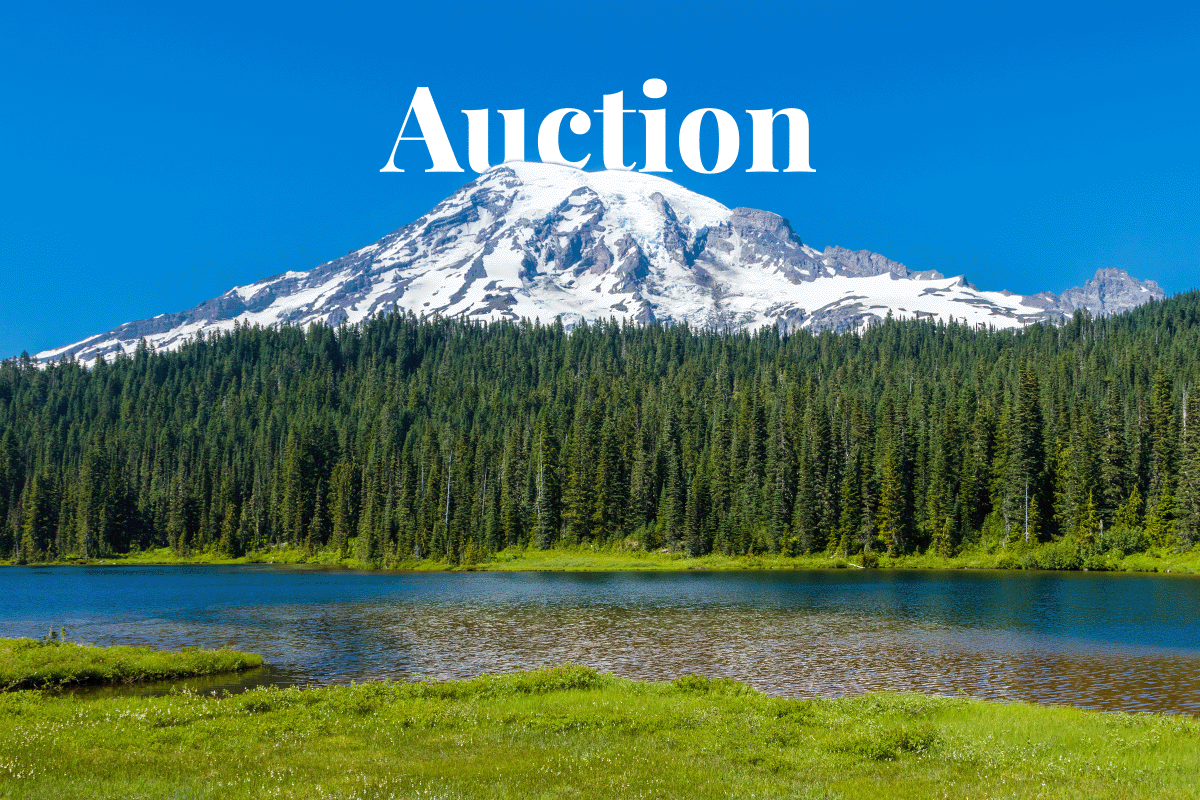The Washington State Department of Ecology has unveiled the outcome of the recent emergency carbon auction, revealing a flourishing carbon market as all $62.5 million in credits were successfully sold. The auction comprised two 527,000 credit tranches, with the initial tranche commanding $51.90 per credit and the subsequent tranche priced at $66.86 per credit.
 Panorama landscape and lake in Mount Rainier National Park, Washington.
Panorama landscape and lake in Mount Rainier National Park, Washington.
In total, 1,054,000 carbon credits were sold, amounting to just under $62.5 million. Added to the $857 million from previous quarterly auctions, the state's cap-and-trade initiative has generated a cumulative $919.5 million in proceeds this year alone, averaging over $4 million daily.
The final results of the Allowance Price Containment Reserve (APCR) auction, a specialised emergency mechanism, will be certified on 23 August by the Ecology Department. Unlike standard quarterly auction credits, APCR credits are solely restricted for emissions compliance and inapplicable for open market trading. These credits hold value only for emitters seeking compliance, aiming to alleviate costs for businesses rather than investors.
Notably, APCR allowances lack a specific ‘vintage’, offering flexibility in covering emissions from various years. However, their value is confined to emitters using them in their compliance accounts.
Read more: How are carbon credits issued?
The recent auction featured 32 qualified bidders, including major corporations like BP, Chevron, and Shell, along with unexpected participants such as the Washington State University and local municipalities.
During this auction, the APCR reserve fund saw a reduction of about 5.6% in its share pool, going from 18.65 million reserve carbon credits to just below 17.59 million credits. The fixed share price, coupled with the complete sell-out of shares, underscores a clear scenario: market demand surpasses the available supply. This perspective finds validation from an industry expert who highlighted that around half of the credits were acquired at $66.68, a notable 19% increase compared to the previous auction. This hints at bidders' anticipation of even higher prices in the future, as committing to such a price would imply a lack of expectation for price drops. The forthcoming quarterly carbon credit auction on 30 August 2023 will reveal if the strong demand will lead to further price increases.
Read more: United States DOE invests $13 million in carbon capture technology
Washington's cap-and-trade strategy necessitates emitters to secure ‘emissions allowances’ corresponding to their greenhouse gas emissions, obtainable through the Department of Ecology's quarterly auctions.
DGB Group is a strong proponent of harnessing nature-based solutions and the carbon market to effectively preserve our natural surroundings. Our goal is to develop and implement comprehensive ventures that restore forests and establish new wooded areas. We are dedicated to facilitating the recovery of biodiversity and the revival of depleted lands. Our projects yield premium carbon credits, enabling companies to offset their carbon emissions with confidence.
Start offsetting your carbon emissions with DGB



